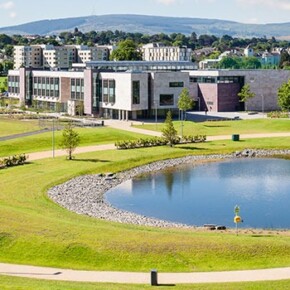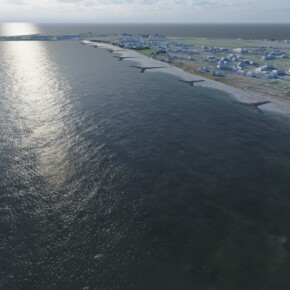Human cost of ‘lost decade’ yet to emerge
Dublin People 01 May 2015MICHAEL Noonan’s reference last week to Ireland’s
“lost decade
? was something of a curious statement given that the scale of our banking crisis and worldwide economic downturn only became fully apparent in 2008.
By my calculation, that would mean Noonan is out by around three years. It’s a bit troubling when you’re questioning your Minister for Finance’s grasp of basic maths.
But to a certain extent, Noonan is right when he backdates our lost decade to 2005.
I bought my current home at the end of that year for what can only be described now as stupid money. With the Celtic Tiger party in full swing, property was only heading in one direction – and that was up.
I shouldn’t be too hard on myself, though. It was my second home and I also sold my first property for stupid money – it was called
‘trading up’.
But as one popular film character would put it,
“stupid is what stupid does
?. Even first-time buyers with no assets to flog were taking out mortgages on shoeboxes within the commuter belt for eye-watering sums.
Sure damn the expense! Some of them even bought a couple of pads. For the pension, like; not to mention the
‘no brainer’ duplex in Bulgaria.
‘Real’ investors bought off the plans.
By 2007, the two-year investment in my new family home was tipping along nicely. There was delusional talk of netting a
?¬200k profit if I sold it on. But because prices were rising exponentially, it would have meant having to buy an equivalent house for the same money.
That’s the problem with having to rear a family in your nice little earner. If only they didn’t need a roof over their heads.
For many people who bought at the height of the boom, the collapse in housing prices was the least of their problems. Poor or non-existent regulation allowed cowboy builders, such as former IRA hunger striker, Tom McFeely, to throw up poorly built firetraps like Priory Hall. Similar problems have arisen elsewhere, on both sides of the city.
Truth be told, we’ve probably only scratched the surface in highlighting defective dwellings that don’t comply with building regulations. An organisation representing emergency workers recently warned that the problems exposed at Priory Hall may just be the
“tip of the iceberg
?.
Some properties built during the glory days were also affected by flooding due to poor planning, leading to serious insurance difficulties for householders.
The Government’s belated response to the pyrite scandal is welcome but work to remediate properties is moving at a snail’s pace, much to the frustration of affected families.
The lost decade referred to by Michael Noonan goes far beyond economics. It may be some years yet before the full human cost of the property debacle emerges.











